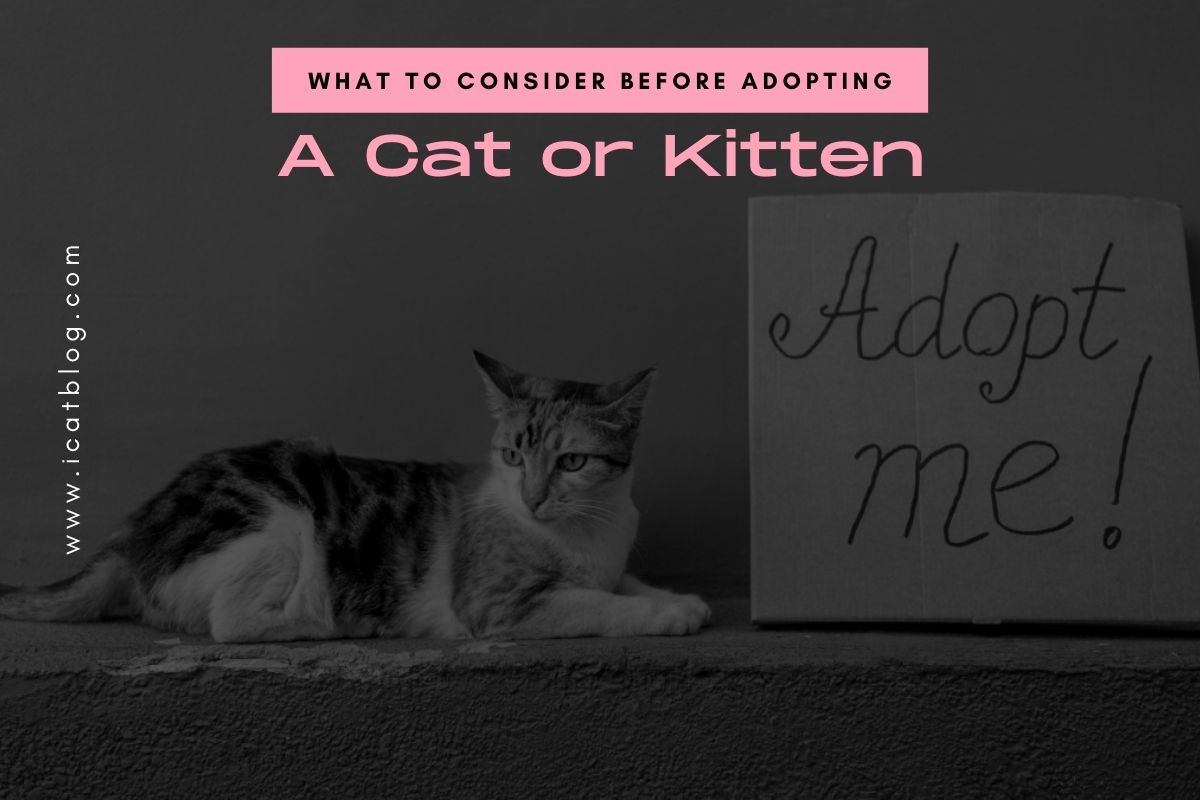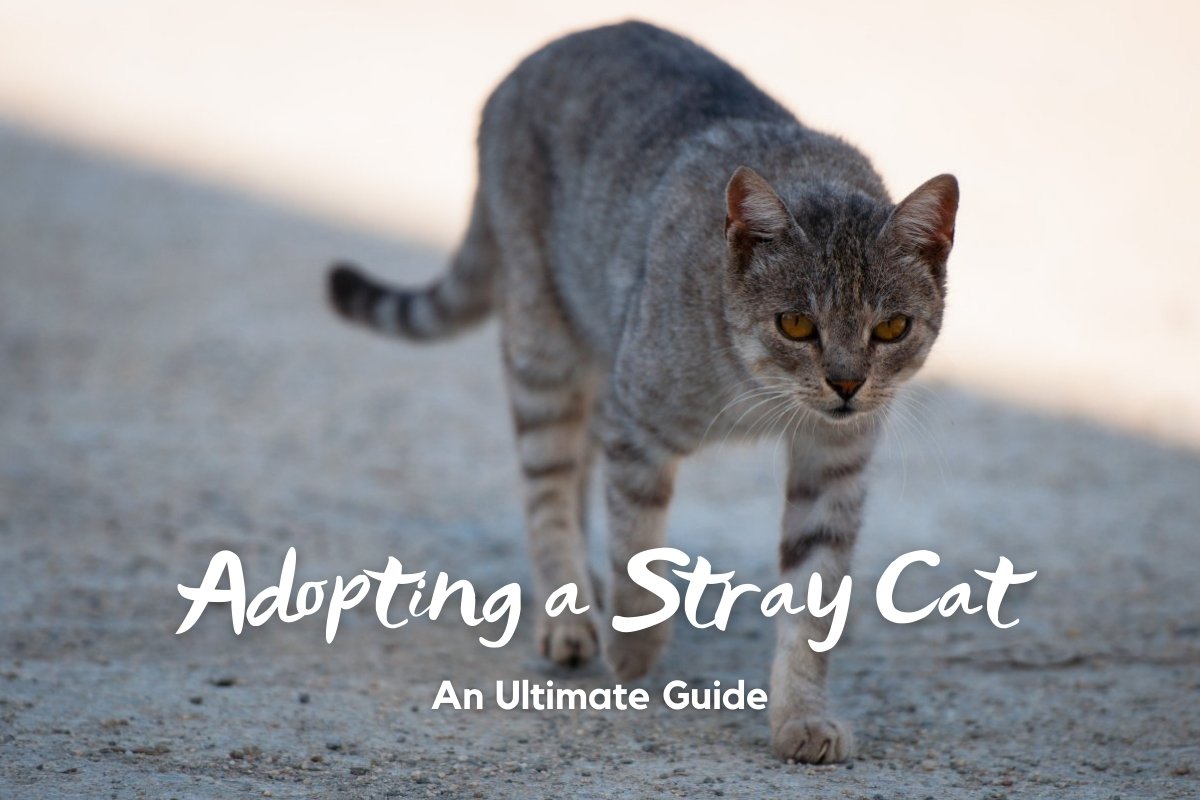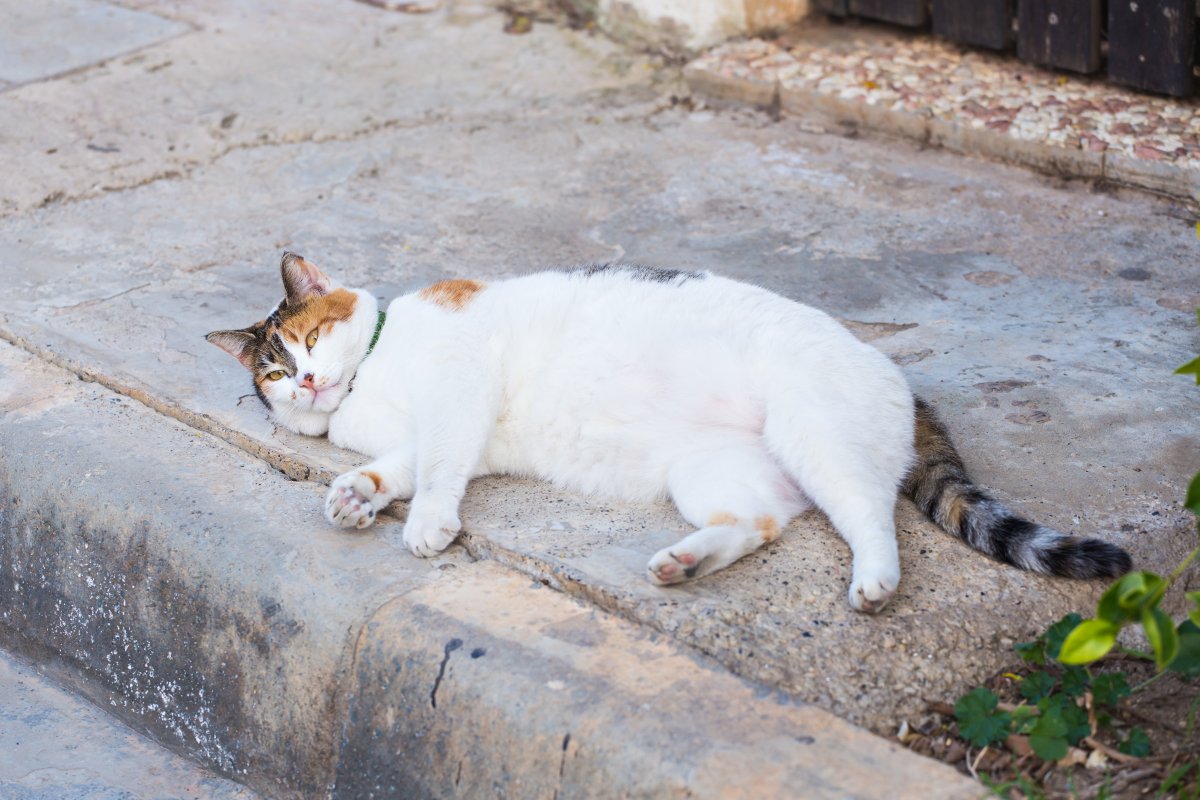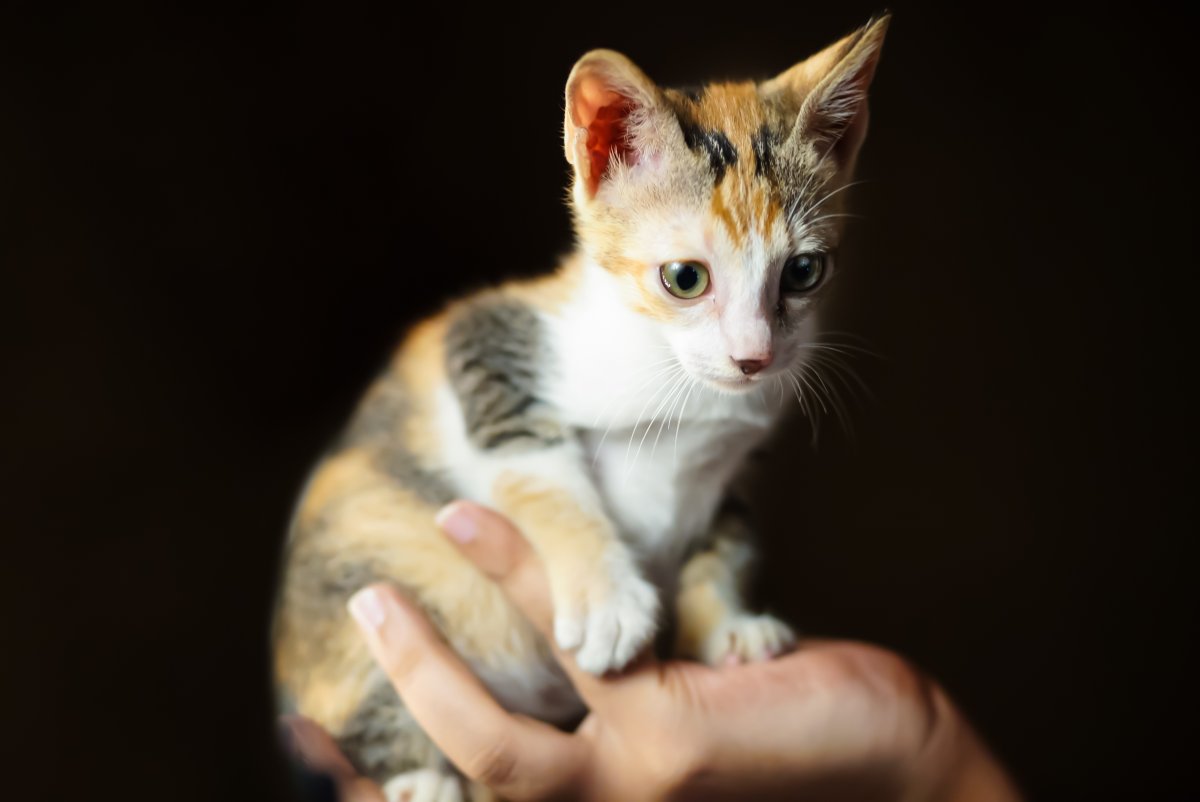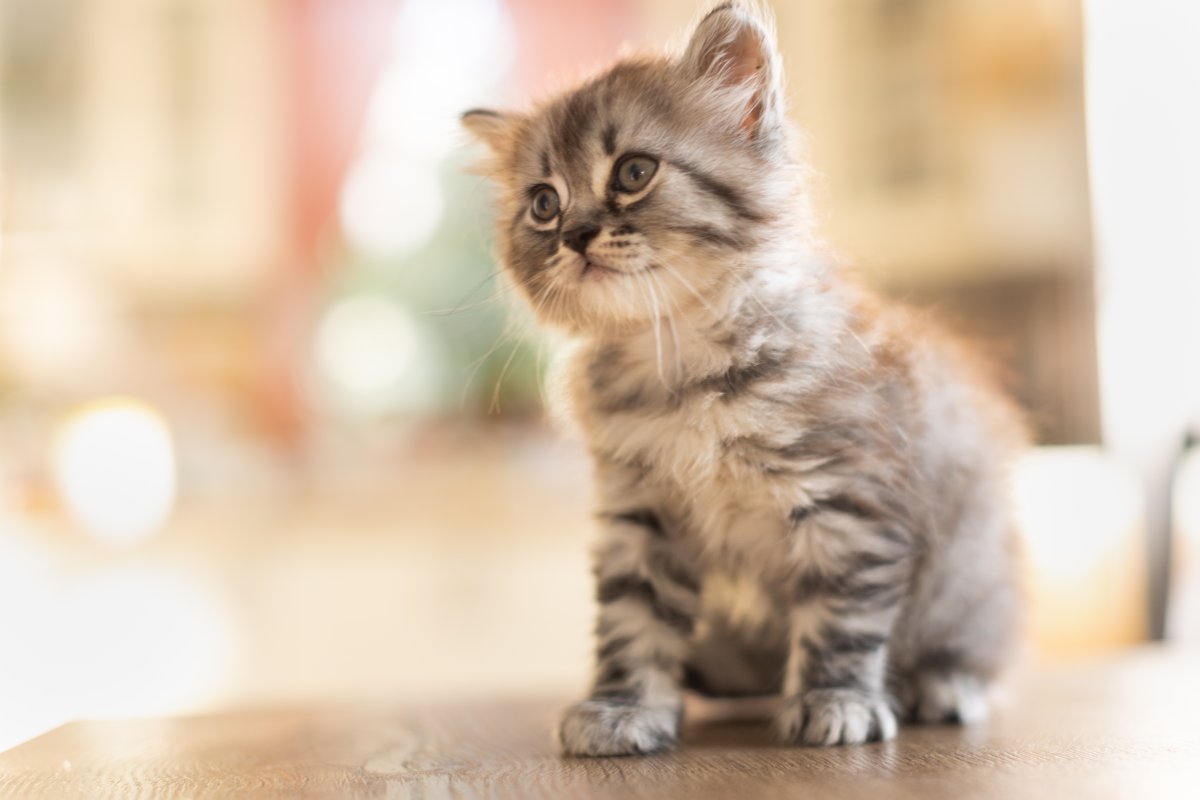If you are thinking about adopting a cat or a kitten, then there are many things that you need to take into consideration; after all, it is no trivial decision. Among those decisions include selecting the age, breed, gender, and cat’s background.
In addition to that, you may also need to decide early on whether you want to raise an outdoor or an indoor cat since a cat’s life expectancy depends on it. Apart from all that, there are other factors you should be aware of. Let us have a look at them below.
1. Commitment
Before you even ponder upon the other factors of adopting a cat, you must first seriously make up your mind about the long-term commitment you will be making. In addition, if you live with other family members, then everyone must have collectively agreed to share the upcoming responsibility.

This is because each member will have to eventually look after the cat at one point or another, not to mention that the cat will view everyone as an active member of its family. Cats are intelligent and sentient beings, and they deserve to be treated as a member of the family.
Adopting a cat places a lifetime responsibility on the family or individual, and they are liable to provide healthy food, accommodation, safety, love, as well as veterinary care. So make sure you are prepared to bear this duty for perhaps half or whole of your life.
2. Age of the cat
Before adopting a cat, you will have to decide the cat’s age that you want. It means that you need to choose between a young kitten, an adult cat, or a senior cat. The majorities choose kittens owing to their endless cuteness; they are also considered the most care-intensive as they require relatively more attention.
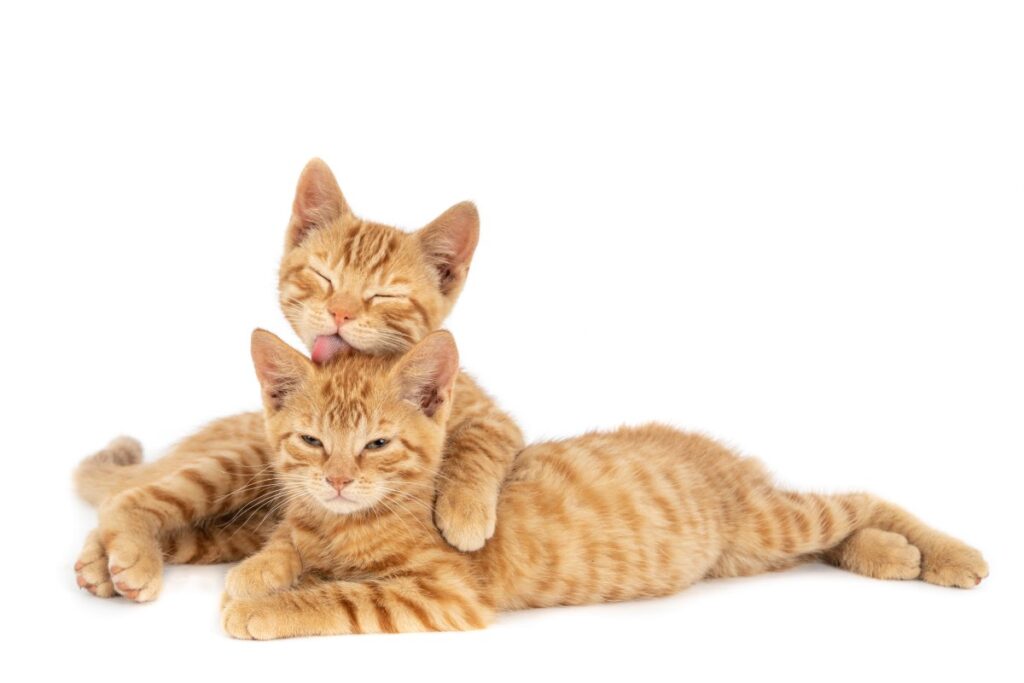
Kittens tend to begin kneading as they naturally would on their mother’s belly, but otherwise, your pillows might become the subject of this exercise. This can quickly turn into a clawing habit that can result in the ruin of your furniture and other household items. Kittens will generally be happier and benefit from having one or two siblings that can play together, cuddle, and positively influence each other.
So if you are sure about adopting a kitten, then having more than one would be a great way to train them for socializing when they grow. This is because kids that interact with kittens may get scratched by a cat that has not been socialized.
Senior cats, on the other hand, are generally more laid back and prefer to spend most of their day napping away. If you want limited responsibility in general, then consider getting a senior cat.
3. Housing
The next factor of adopting a cat relates to the cat’s lifestyle in terms of housing. Most cats can live happily indoors for their whole lives without ever building up the need to explore the far reaches of the outdoors.
As long as the cat is happy, given the proper enrichment, healthy, and has plenty of indoor activities to take part in, then you will rarely need to worry about your cat wanting to go outside.
However, if you do not have an issue with your cat wandering off in the outdoors, then you should still consider a few things for the sake of your cat’s safety. While outdoors, a cat’s health is at a greater risk since they are more exposed to possible diseases, dangerous encounters with other animals, dangers of traffic on roads, and just other hazardous situations that can shorten your cat’s life expectancy.
A kitten should never be allowed outdoors before 6 months old and neutered or spayed. If you have an adult cat, ensure that it is desexed and microchipped before letting them go outdoors.

4. Litter
In general, cats do not need to be trained for littering as their mothers might have taught them. However, a human-raised kitten may need some guidance, though they may instinctively use the litter.
Always have one litter box per cat plus an additional one, and make sure every cat has its separate litter box. If your cat stops using the litter box, then you should consult with your veterinarian to find out potential health-related issues.
5. Food and water
Adopting a cat or a kitten requires you to ensure that it is being appropriately fed since its health and growth depend on it. Kittens will need to be provided with kitten food for as long as 10 to 12 months of age. You can choose to feed dry or wet food or a mixture of both, though wet food is recommended due to the additional moisture which keeps your feline well hydrated.
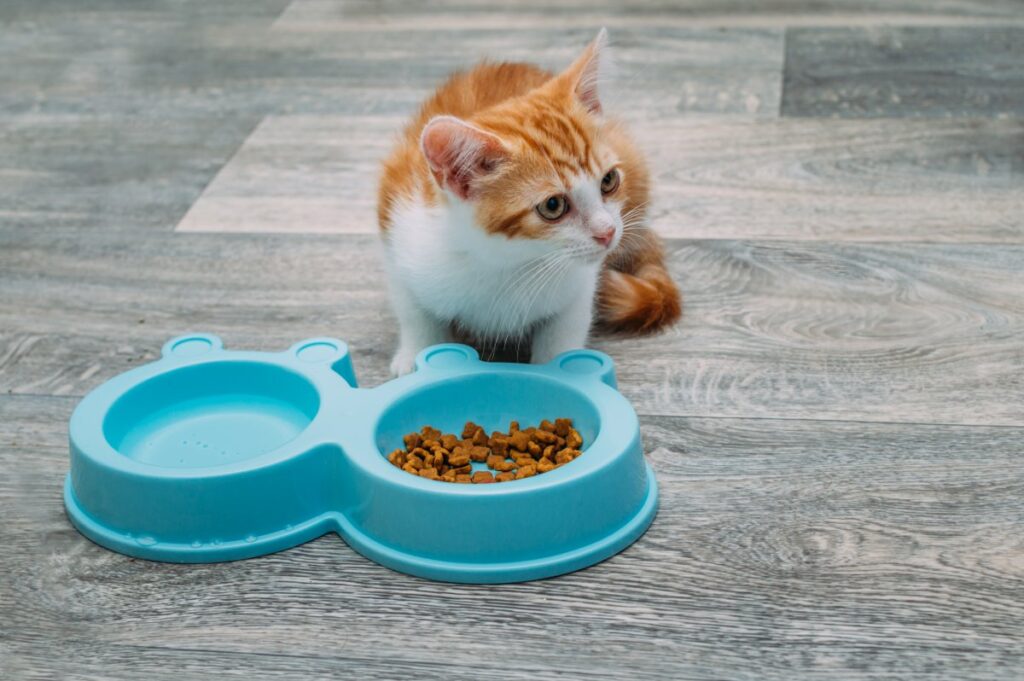
When it is time to transition your cat’s feed from kitten to adult, make sure you consult with a veterinarian for guidance on adequate weight gain. In addition to that, providing fresh water at all times is just as crucial after adopting a cat.
Ensure your cat has access to fresh water, especially if your cat likes to spend most of the day outdoors. During winter or colder months, you should continuously change the water in the bowl in case it becomes too cold or ends up freezing frequently.
Conclusion
With all that said, perhaps one of the most important things any new cat parent should be mindful of is to be patient and kind to their new family member. Most cats found in shelter homes have been through trauma and stress after losing their family; hence it is your responsibility to make them feel as loved and comfortable as possible.
After adopting a cat, make sure to integrate your household with cat-friendly items and toys such as cat scratchers, mouse toys, feathers, and jingle balls. This will ensure your cat is physically and mentally stimulated and overall happy.

